The announcement of the creation of an African credit rating agency marks a decisive turning point for the continent. This initiative, welcomed by experts, aims to establish an independent system for assessing African economies, allowing them to break free from traditional Western rating agencies, which are often criticized for their « subjectivity and bias. »
During the 34th Summit of Heads of State and Government of the African Peer Review Mechanism (APRM) in Addis Ababa, President Abdelmadjid Tebboune, in his capacity as APRM Chair, emphasized that this continental agency « represents a new milestone for Africa’s economic development and will have an entirely positive impact on its countries. » He particularly stressed the need to « move away from unscientific, illogical, and anti-economic assessments, » adding that « we must conduct our own evaluation before being evaluated by others. »
Financial expert Chaabane Assad highlights that this initiative is of « crucial importance » both economically and geopolitically. He underscores the issue of unfavorable ratings assigned by the three major global agencies (Fitch, Standard & Poor’s, and Moody’s) to African countries, leading to prohibitively high borrowing rates on international markets. These conditions heavily burden African public finances, with debt servicing amounting to billions of dollars.
Nazim Sini, a professor of economic sciences, sees this agency as a means to « break the monopoly of the three major Western agencies, » whose country risk assessments are, in his words, « fragmented, biased, and unfair. » The uniqueness of this new approach lies in its ability to incorporate African-specific factors and recognize states’ efforts in economic reforms, technological infrastructure development, and digitalization.
For banking expert Idir Saci, this initiative will strengthen « the continent’s autonomy and sovereignty. » He emphasizes the importance of « credibility and transparency » in the agency’s operations, advocating for a centralized structure to ensure « consistency and rigor » in its work.
Experts agree on the potential of this agency to « energize the common African financial market. » It is expected to help retain capital within the continent, thereby fostering shared growth and reducing reliance on Western financing. Establishing branches in multiple countries is recommended to minimize dependence on foreign agencies and create a climate of trust in the African financial market.
This new rating agency is part of a broader effort toward continental economic integration. It is expected to enable African countries to negotiate better loan terms and exercise greater control over their debt. Ultimately, the goal is to establish the foundations for harmonizing economic and institutional assessments across the continent, with plans to create local offices for effective monitoring of national economies and their specificities.
The creation of this agency thus represents a crucial step toward greater financial autonomy for Africa, providing the continent’s states with the means to regain control over their credit ratings and, by extension, their economic future.








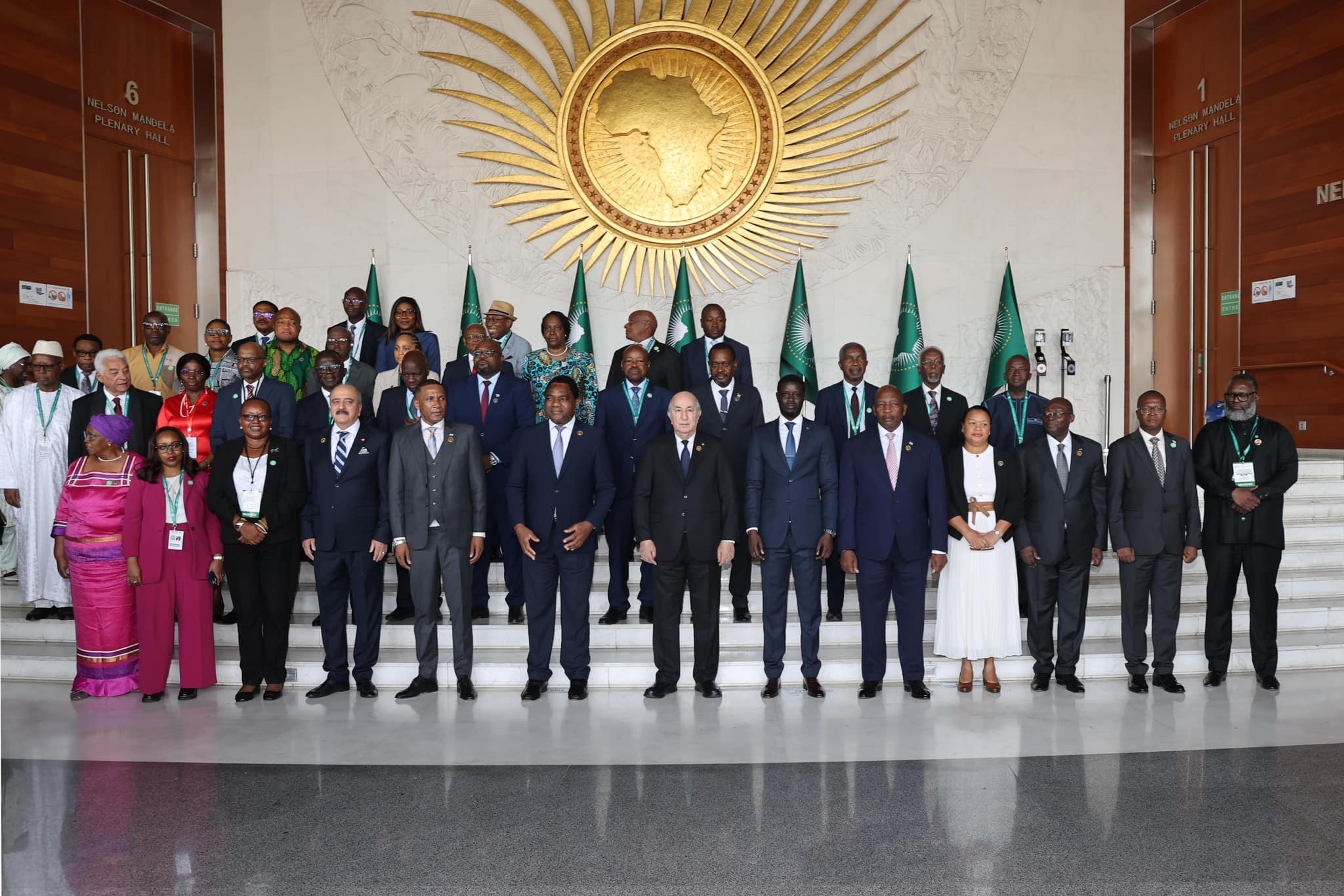

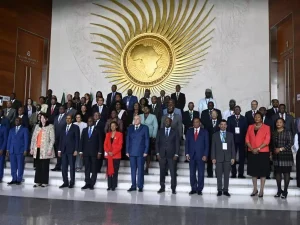



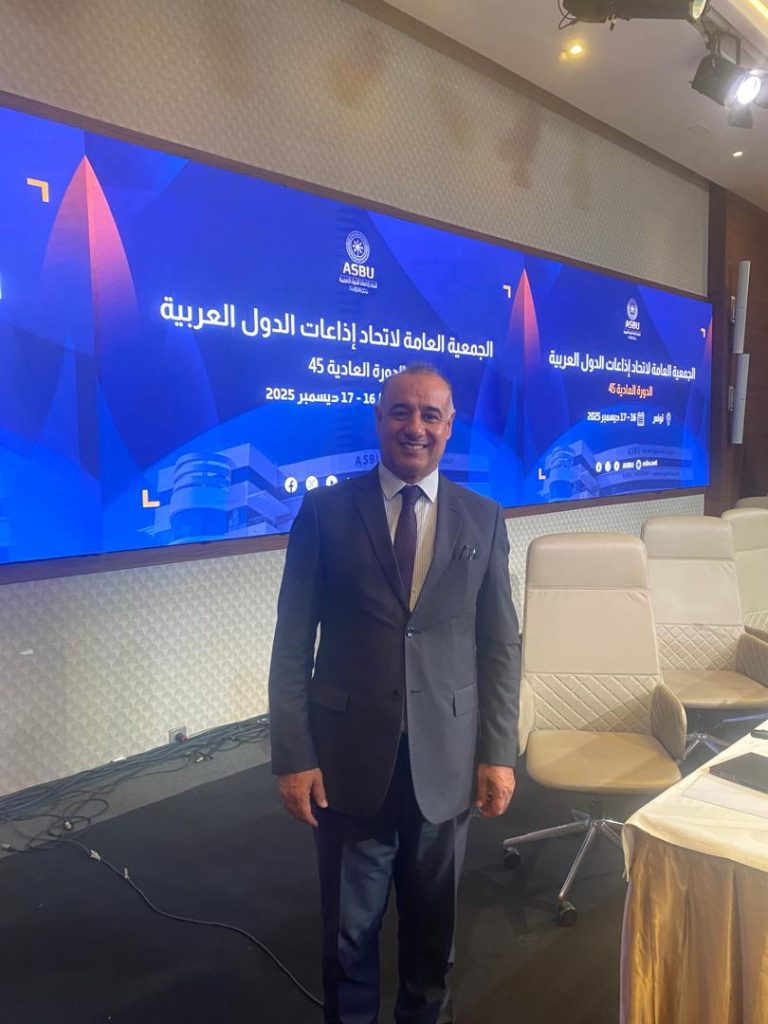

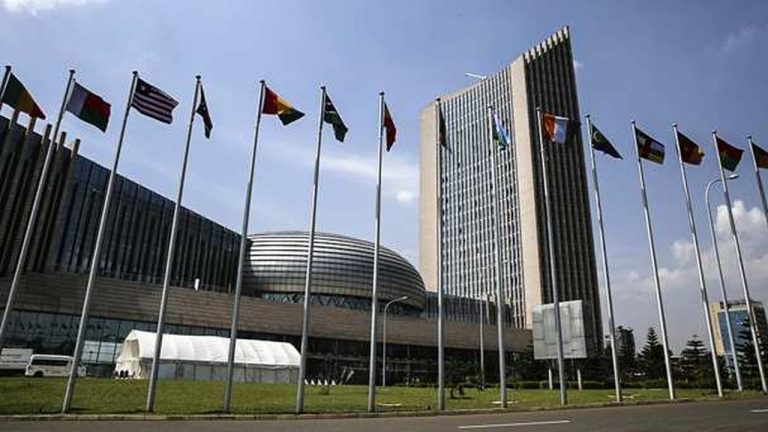
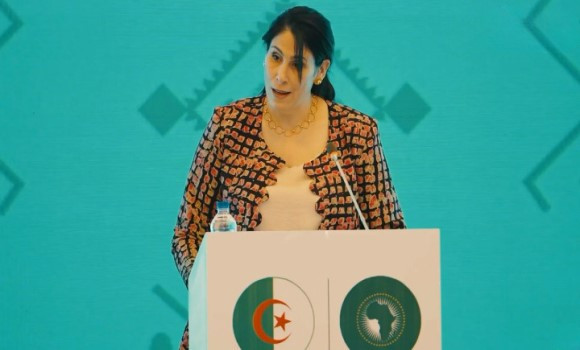
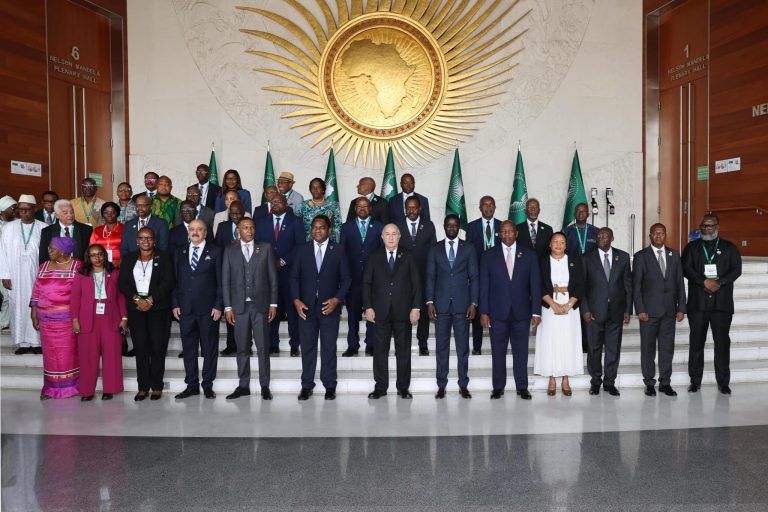
+ There are no comments
Add yours